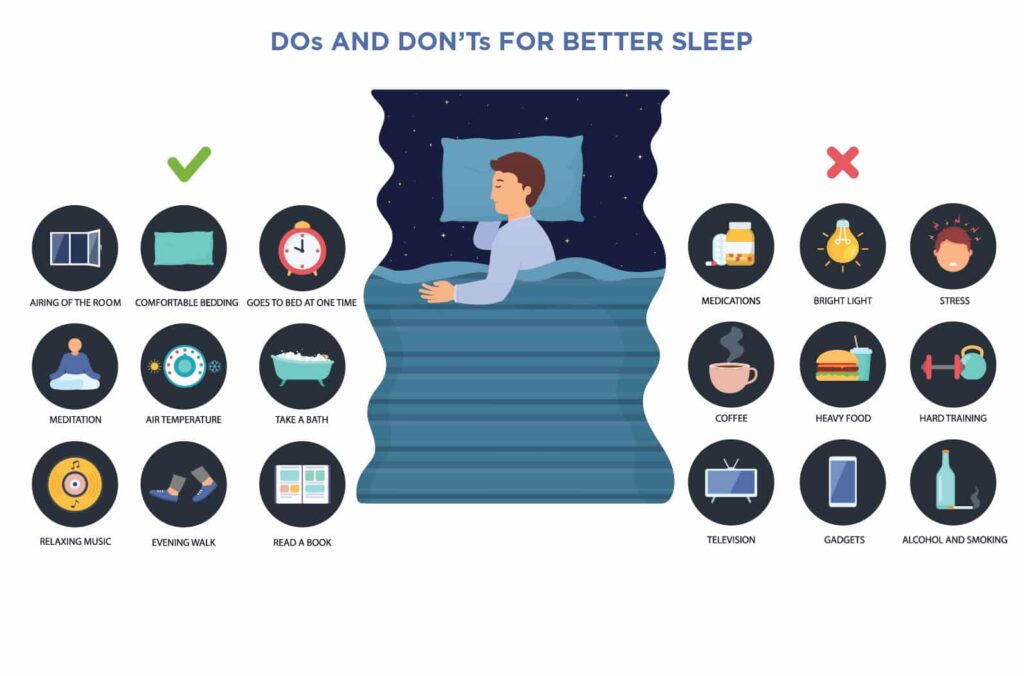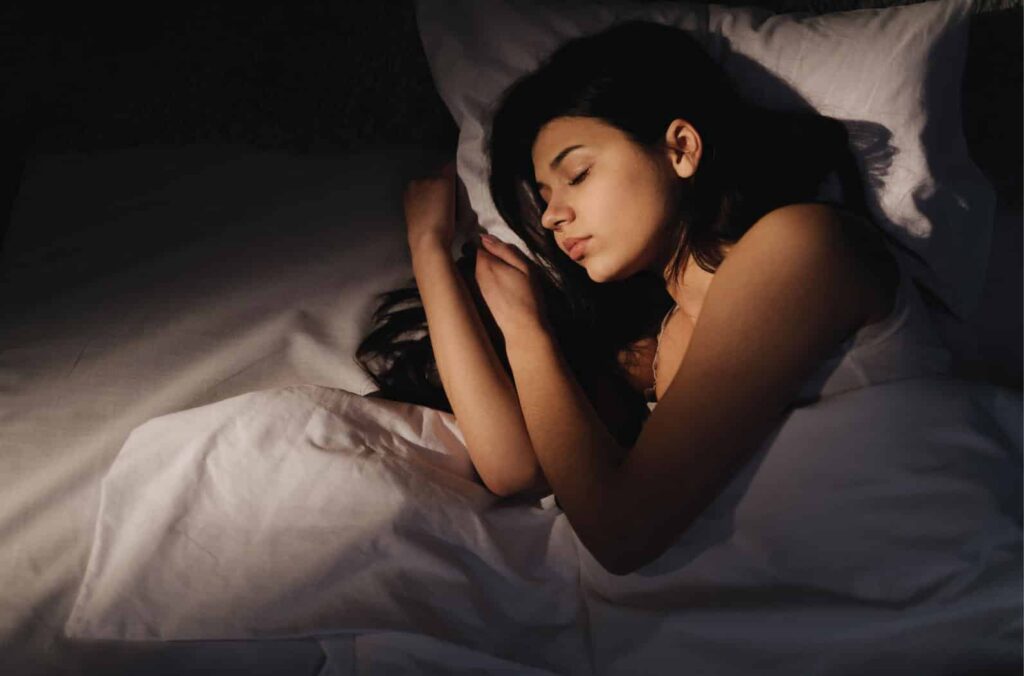
Strangely enough, while the coronavirus pandemic, quarantine and lockdown have given us more time at home, it would appear that most of us are sleeping less than usual, and that’s a major problem. Why?
Well, there’s enough scientific backing to establish the strong link between our immune system and good sleep. And doctors have repeatedly pointed out that a strong immune system is the body’s first line of defence against getting attacked by any infections. In the words of lifestyle coach Luke Coutinho, “Sleep is everything. It is natural to our cells and life. No amount of drugs, caffeine or technology can ever replace what natural sleep and rest can do for our body and mind. We must sleep to heal the mind and body.”
The truth is, that Covid-anxiety is real, and it has undoubtedly increased the risk of insomnia and other sleep disorders. Added to this, is the fact that for most working professionals, work from home has made it increasingly difficult to follow a fixed schedule or maintain a regular bedtime. And if you don’t get good quality sleep for even one day, it can put you at sleep debt – and no, you cannot make up for this sleep debt by sleeping in on the weekend. A good night’s sleep gives some resting time to our brain so that it is able to function effectively the next day. Quality Sleep facilitates rejuvenation of cells and also helps in preparing our Whereas poor sleep, overburdens our body and as a result, our body will fail to perform effectively and it may also put us at risk of conditions like diabetes, heart disease and obesity. In fact, less sleep could be linked to a greater risk of Covid-19 as well. You can read more about that in our blog here: Less sleep could be linked to a greater risk of Covid-19 as well
Now you know why better sleep is more important in 2021, than it has ever been before. We cannot afford to let our immune system weaken, and we must stay strong and positive. But we also know that it’s easier said than done. So as India’s Sleep Specialist, here are a few things we recommend you try in order to facilitate better sleep:

- Avoid any stress before bedtime:
Let’s be honest, we were neither prepared and nor are we fully equipped to live-ins a state of constant anxiety. And reading the scary headlines, spending time scrolling through all the bad news that’s splattered across our social media has us on edge – all the time. This floods are mind and our body with stress. And no, we’re not suggesting you stop reading the news. But maybe restrict your information consumption to end at least a couple of hours before it’s your time of sleep, and limit how much covid-19 related news you watch/read.
- Create a comfortable and cosy atmosphere in your bedroom:
It should be sleep-friendly. Not too brightly lit. In fact, in a recent interview, Bill Gates said that it helped him to replace any LEDs bulbs in the bedroom because they emit the most sleep-corroding blue light. Another thing you could try is to set your room temperature between 18 to 23 degrees Celsius.
- Your bed must only be for sleeping, and no other activity:
All work commitments and even browsing social media should not be done on your bed. Also, ensure that your mattress and other sleep accessories such as your pillows and blanket facilitate better sleep. Pick the best mattress for you. For instance, if you’re someone who spends long hours in front of a computer all day, and this causes stress to your back or neck, then the best mattress for deep sleep for you might be a firm mattress like Ortho Active from Centuary.

- Avoid eating heavy meals right before your sleep:
Make sure that there is a gap of at least two hours between dinner and bedtime.
- Do not drink coffee or alcohol late into the day
- Avoid long daytime naps to sleep well at night:
If you are someone who likes midday naps, keep them short and ensure that you don’t take one later than 3 pm.
- Ensure a fixed bedtime routine for sound sleep:
Wake up and sleep at the same time every day. This will help in syncing your sleep cycle with your circadian rhythm.
- Exercise regularly:
It can help you sleep well at night. But then again, do not exercise too late at night as it can cause sleep disturbance.
Do prioritize better sleep this year and do give these suggestions a try for a few weeks and be patient with the process. Several little changes can have significant and noticeable effects. And over time, you might notice that you’re sleeping better.

